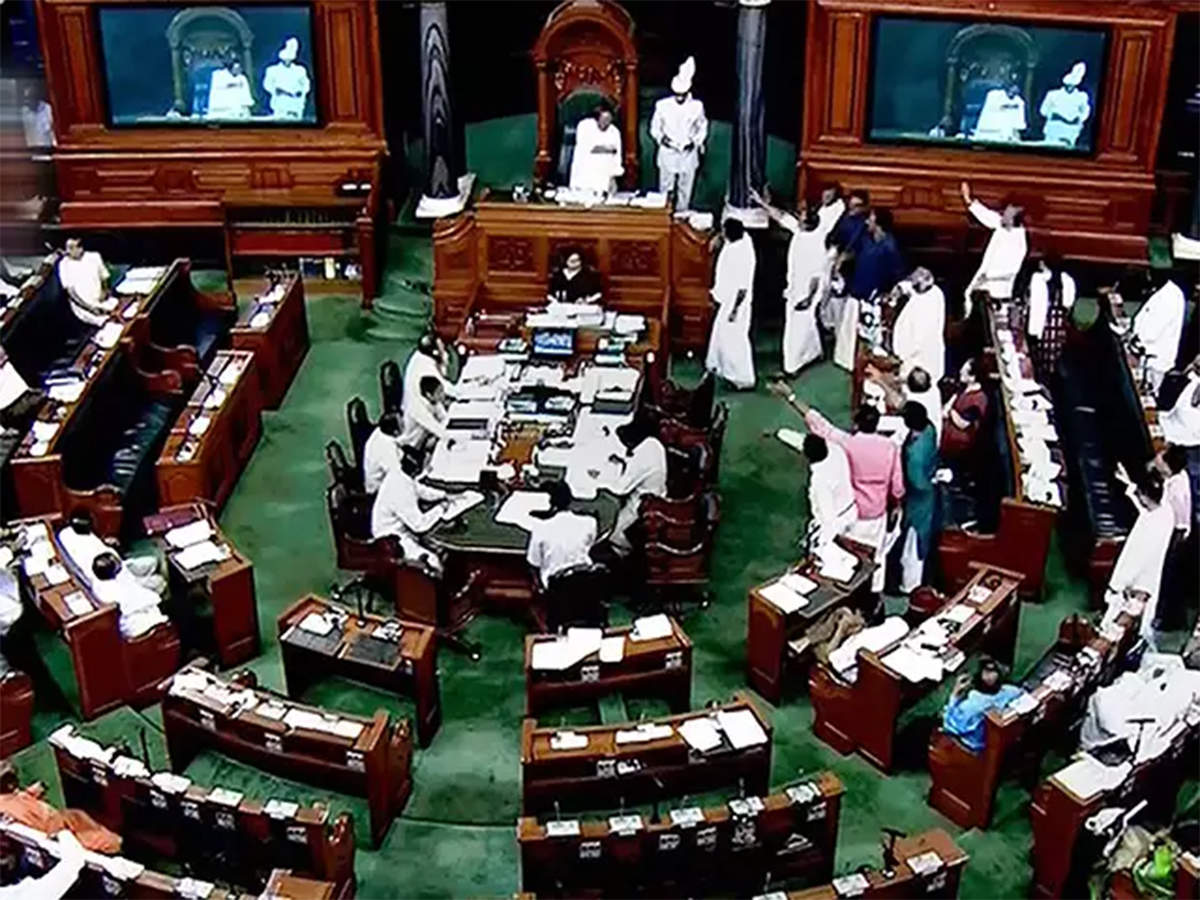NEW DELHI, Dec 8:
Union Home Minister Amit Shah tomorrow will introduce in the Lok Sabha the Citizenship (Amendment) Bill (CAB) that seeks to grant Indian citizenship to non-Muslim refugees from Pakistan, Bangladesh and Afghanistan escaping religious persecution there.
In the afternoon, the Home Minister will introduce the Bill to amend the six-decade-old Citizenship Act and later in the day, it will be taken up for discussion and passage, according to the Lok Sabha’s List of Business for Monday.
The Bill has triggered widespread protests in northeastern States with a large section of people and organisations opposing the Bill, saying it will nullify the provisions of the Assam Accord of 1985, which fixed March 24, 1971, as the cut-off date for deportation of all illegal immigrants irrespective of religion.
The influential North East Students’ Organisation (NESO) calling an 11-hour bandh on December 10 in the region.
Members of Hindu, Sikh, Buddhist, Jain, Parsi and Christian communities, who have come from Pakistan, Bangladesh and Afghanistan, till December 31, 2014, facing religious persecution there will not be treated as illegal immigrants but given Indian citizenship, according to the Citizenship (Amendment) Bill (CAB), 2019.
To assuage feelings of tribals of the Northeast, where many feel that permanent settlement of illegal immigrants will disturb the region’s demography, the Government has made provisions under which the Bill will not be applicable in the Inner Line Permit (ILP) regime areas and those tribal regions that are governed under the Sixth Schedule of the Constitution.
“In Citizenship Act, in Section 2 in sub-section (i), in clause (b) the following proviso shall be inserted namely:- “provided that any person belonging to Hindu, Sikh, Buddhist, Jain, Parsi or Christian community from Afghanistan, Bangladesh or Pakistan, who entered into India on or before the 31st day of December 2014 and who has been exempted by the Central Government by or under clause (c) of sub-section (2) of section 3 of the passport (Entry into India) Act, 1920 or from the application of the provisions of the Foreigners Act 1946 or any rule or order made thereunder shall not be treated as illegal migrants for the purposes of this Act,” the Bill said.
Such refugees will be given Indian citizenship after they have resided in India for five years (six years in CAB 2016), instead of 11 years earlier, it said. (PTI)
Trending Now
E-Paper


